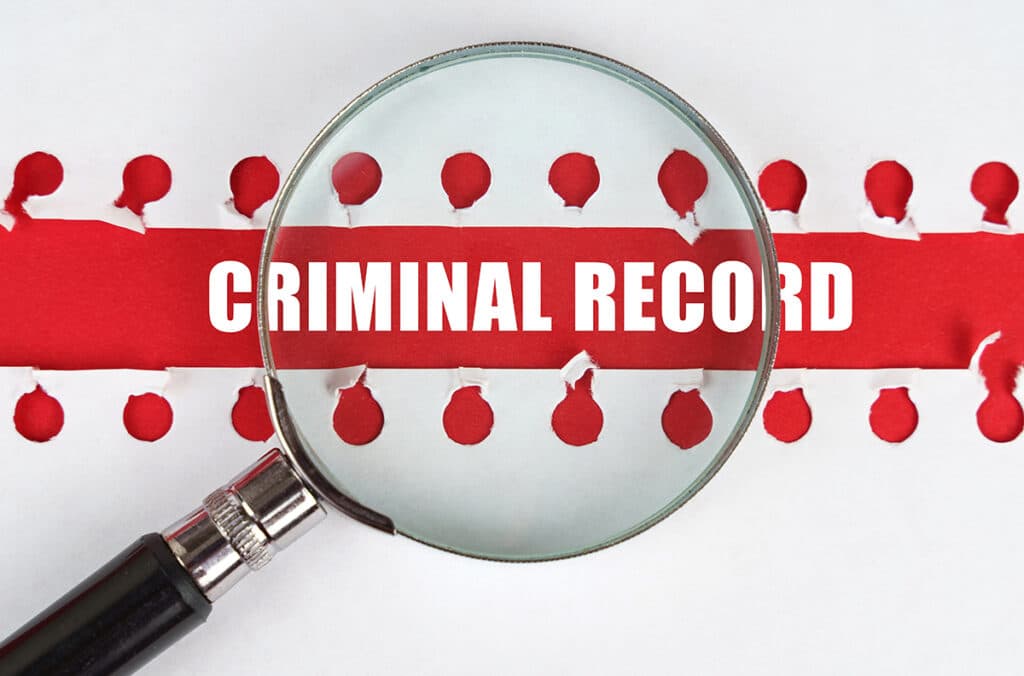
Excerpted from a New Jersey Monitor article by Nikita Biryouov
A Senate panel approved legislation Monday that would bar the New Jersey State Police from releasing information about to-be-expunged crimes in the course of background checks.
The bill won unanimous approval from the Senate Law and Public Safety Committee as state authorities continue to face an expungement backlog that can delay expungements for months or years, a backlog officials say is driven by marijuana legalization and expanded opportunities to annul past offenses.
“We have to do better. These are residents of New Jersey,” bill sponsor Assemblywoman Annette Quijano (D-Union) told the Senate committee. “We have been holding up their lives for up to two years.”
New Jersey has a host of expungement programs that can remove arrests and convictions from an individual’s criminal record. In most cases, individuals can have their records cleared after 10 years — or fewer, in some cases — if they have completed their sentences, paid any relevant fines, and stayed offense-free during that time.
By law, authorities cannot share information about convictions removed through expungement with anyone outside of law enforcement, corrections, or the judiciary, but State Police delays in processing court-issued expungement orders have led to some convictions that should be sealed to be released to prospective employers, Quijano said.
The delays have put some New Jerseyans’ lives on hold, she said.
“You can’t get a job, you can’t get housing, you can’t get money to go to school to better yourself. Some can’t even get into the military. It goes on and on,” the assemblywoman said.
Authorities warned the bill could create more problems than it solves by pulling limited resources away from processing expungement orders as they continue to face a swell of expungement applications.
New Jersey’s cannabis legalization law that required the expungement of low-level marijuana offenses and a January 2024 law that brought municipal violations and laxer waiting periods under the state’s Clean Slate Law ballooned annual expungement applications from roughly 13,000 to about 50,000, said Steve Finkel, director of legislative affairs for the Office of the Attorney General.
“I just don’t think this is the right solution. We fully agree with the assemblywoman. If you have an expungement order saying these crimes, ‘as if they didn’t happen,’ it should be processed as quickly as we can. The problem has been the exponential expansion of expungement eligibility,” he said.
Requiring staff to manually check for pending expungement orders when filling background checks would delay the processing of other expungement orders, Finkel warned, adding authorities had already “been struggling to catch up.”
Expungement delays prompted a class action lawsuit from the Office of the Public Defender last year. Six plaintiffs, who were not named in filings, charged they had lost jobs and other opportunities because of processing delays that ran for months or even years.
That suit is currently in mediation before retired New Jersey Supreme Court Justice Jaynee LaVecchia, and the parties in August agreed to an interim consent order that called for expedited processing of certain expungement orders.
For the full story, please click here.
